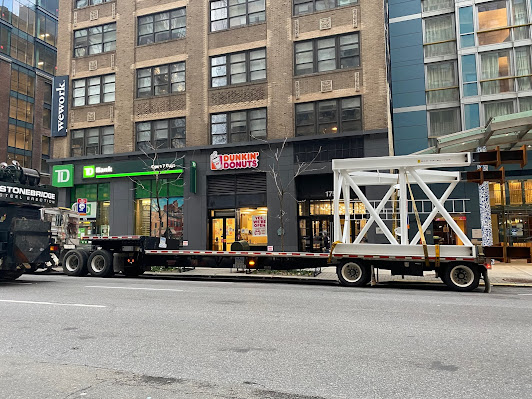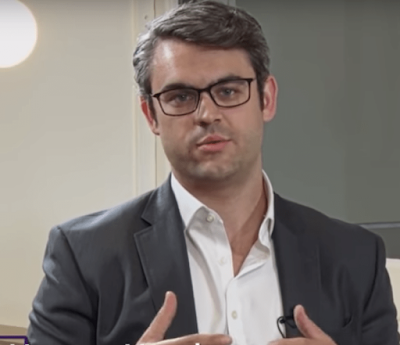GFG Australia gains financing to acquire GFG US wire rod assets
InfraBuild, the Australian steel and recycling unit of London-based GFG Alliance, has secured a $350 million loan to acquire US-based wire rod steel businesses from its parent company. Jefferies LLC acted as sole arranger on a senior secured asset-backed term loan by funds and accounts managed by BlackRock and Silver Point Finance, GFG stated Monday May 29 The success of funding "exceeded expectations" in terms of total funds raised, an industry source familiar with Liberty Steel's US operations told Fastmarkets Thursday June 1. There is no immediate impact on Liberty Steel's wire rod businesses in the US, as those business "have already been an operating part of the group and this just formalizes that," the source added. InfraBuild said it will continue to explore various additional financing alternatives that can be used together with the proceeds of the asset-backed term loan, “to further drive its growth and potential acquisition of steel assets in the U


